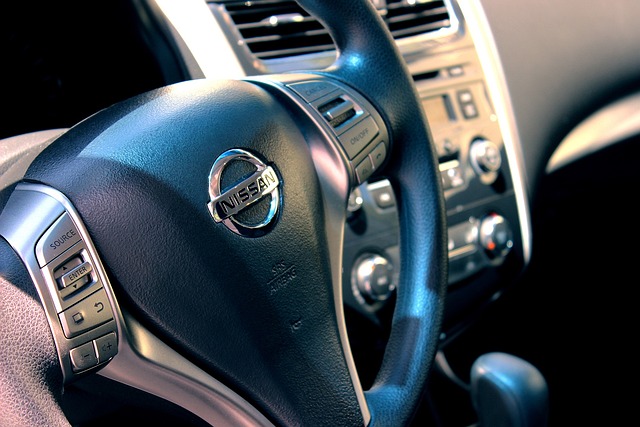Smart strategies for families with multiple cars
Managing multiple vehicles can be both a convenience and a challenge. With 34% of UK households owning two or more cars as of 2022, organising these motors efficiently is key to keeping costs down, ensuring safety, and reducing environmental impacts.
With the right strategies, families can make the most of their cars while minimising expenses and carbon footprint.

Image by Dayron Villaverde from Pixabay
Optimising car usage among family members
Efficiently allocating vehicle use can significantly reduce wear and tear, fuel consumption, and overall expenses. One useful approach is to assess the individual needs of each family member based on their daily routines and travel requirements.
Assigning vehicles according to journey length, frequency, and purpose allows families to make smarter choices – for example, using the most fuel-efficient car for longer commutes.
A shared calendar can help in managing schedules, allowing family members to choose cars in advance to avoid conflicts. This ensures smoother day-to-day operations and encourages proper usage of each vehicle.
Effective car maintenance
For families with multiple cars, regular maintenance is essential to ensure vehicle safety and longevity. A centralised schedule can simplify matters, marking service dates, MOTs, and routine checks for each car.
This helps avoid the common pitfall of forgetting maintenance requirements, which can lead to unexpected repair costs.
When possible, choosing cars with similar parts or from the same manufacturer can streamline maintenance and potentially lower expenses.
It’s also beneficial to educate all family members on basic maintenance tasks, such as checking tyre pressure and oil levels, so they can assist in keeping vehicles in top shape.
Cost-saving tips
Running several cars can be costly, but there are some ways you can save. Multi-car insurance is one effective solution, as many insurers offer discounts for covering multiple motors under a single policy.
Another smart cost-saving tip is to shop around for fuel prices. Using apps to compare the costs in different areas can lead to significant savings, and loyalty programs often offer discounts as well.
It’s also wise to review the Vehicle Excise Duty (VED) rates for each car, as these vary by emissions and can impact yearly tax expenses.
If some cars are used less frequently, usage-based insurance can be a cost-effective choice, as some insurers offer policies that are priced based on mileage or driving habits.
Environmental impacts
To reduce your carbon footprint, opting for fuel-efficient or electric vehicles is ideal. When adding to the family’s car collection, consider cars with lower emissions or electric models. The UK government offers grants and incentives for electric vehicle purchases, which can help reduce both emissions and fuel costs.
Limiting unnecessary journeys is another way to cut emissions. Combining errands and encouraging family members to walk or cycle for short trips can reduce mileage and contribute to a greener lifestyle.
You May Also Like

How to Liven Up Family Dinners
July 10, 2023
Cledan Valley Camping – Review
August 5, 2023

